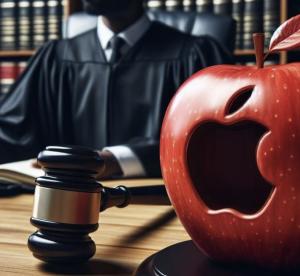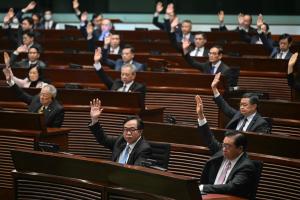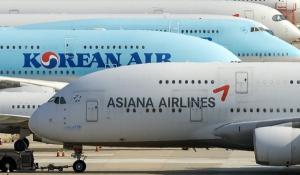All student self-governing organizations at Dankook University (DKU) are obligated to actively respond to audits. However, the Dept. of Dance Emergency Measures Committee (EMC) at the College of Music and Arts has consistently refused to submit audit data since April and their inaction is a clear breach of duty. The problem has not yet been resolved. The Bandi General Assembly (BGA) refused to comment on the matter saying it will discuss the details once the problem is resolved. This means The Dankook Herald (DKH) was only able to gather information on existing regulations and the audit process. Dankookians (Students of DKU) are demanding transparency in audits and want to know where their student fees are going.
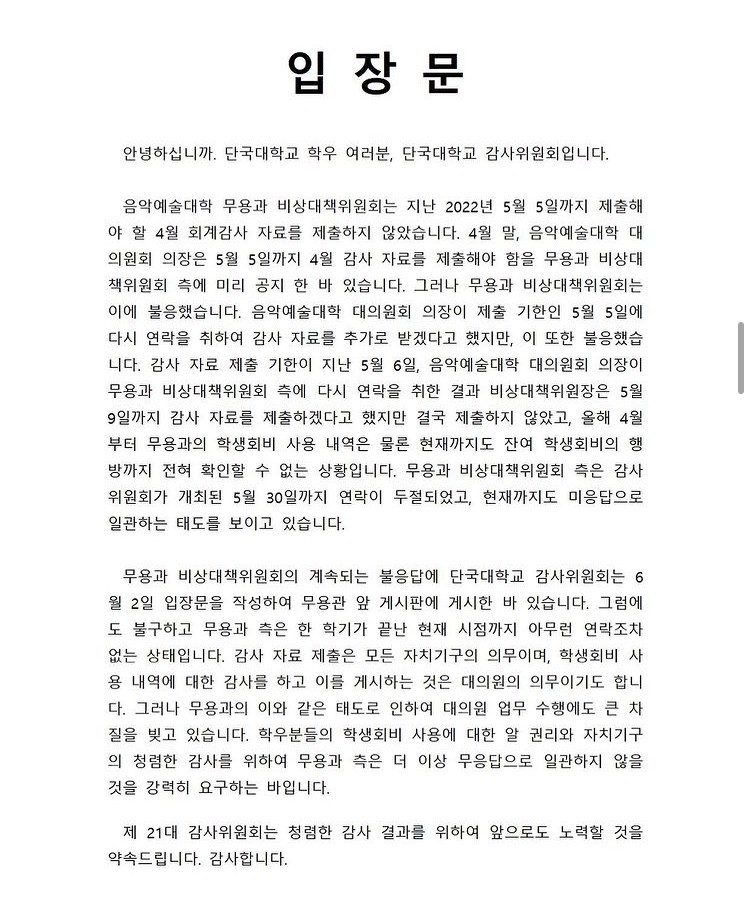 |
| ▲ Statement from the Bandi General Assembly (Photo from Gerneral Assembly's Instagram) |
According to a statement from the BGA, since April 2022, the Dept. of Dance EMC has consistently ignored calls for their audit data. The BGA emphasized the obligation of the group to comply with university policy and even extended the submission deadline for them to produce the material, but they have so far refused to cooperate. Attempts to contact the Dept. of Dance EMC have also been ignored. The EMC has shown a consistent ‘unresponsive’ attitude. Currently, Dankookians of the Dept. of Dance are not only unable to know whether their student association still exists, but also not sure how much of their budget was spent and if any of it remains. Dankookians in the Dept. of Dance are greatly disappointed, calling their inaction “a lack of responsibility for accounting audit obligations”. In accordance with DKU’s Audit Rules, Article 14 (Obligations of Departments Subject to Audit) specifies the responsibility and obligation of all departments to actively cooperate with accounting audits. Some provisions have been stipulated to exclude these obligations in exceptional or 'justifiable circumstances', but it is not clear whether the situation involving the Dept. of Dance qualifies for this exemption.
Some Dankookians pointed out that problems stem from the way in which the EMC was formed. The EMC is a group of students temporarily organized to perform duties in the absence of a departmental Student Council. In other words, the EMC is not an elected group, but rather a team of individuals in the department that volunteered their time to fill the role until an elected Student Council could be formed. Therefore, their sense of responsibility is significantly limited as they have no elected accountability to the student body.
The General Assembly (GA) is a student-run central autonomous organization that manages matters related to the auditing of DKU student council expenses, student rule legislation, and election management. DKU’s 21st GA, BGA, refused our request to comment on the ongoing situation, but shared its financial audit procedures. “All DKU organizations that use student fees collected by the head student council (7000 won or about 5 dollars) or a department student council (amount varies by department) must be audited by the GA,” BGA explained that this process is conducted monthly by receiving a copy of the previous month's bank statement and accounting ledger. In addition, an audit settlement is held every semester to revise all income and expenditures. This process is directly connected to the right of Dankookians to know about the use of their collected funds and has never been denied before.
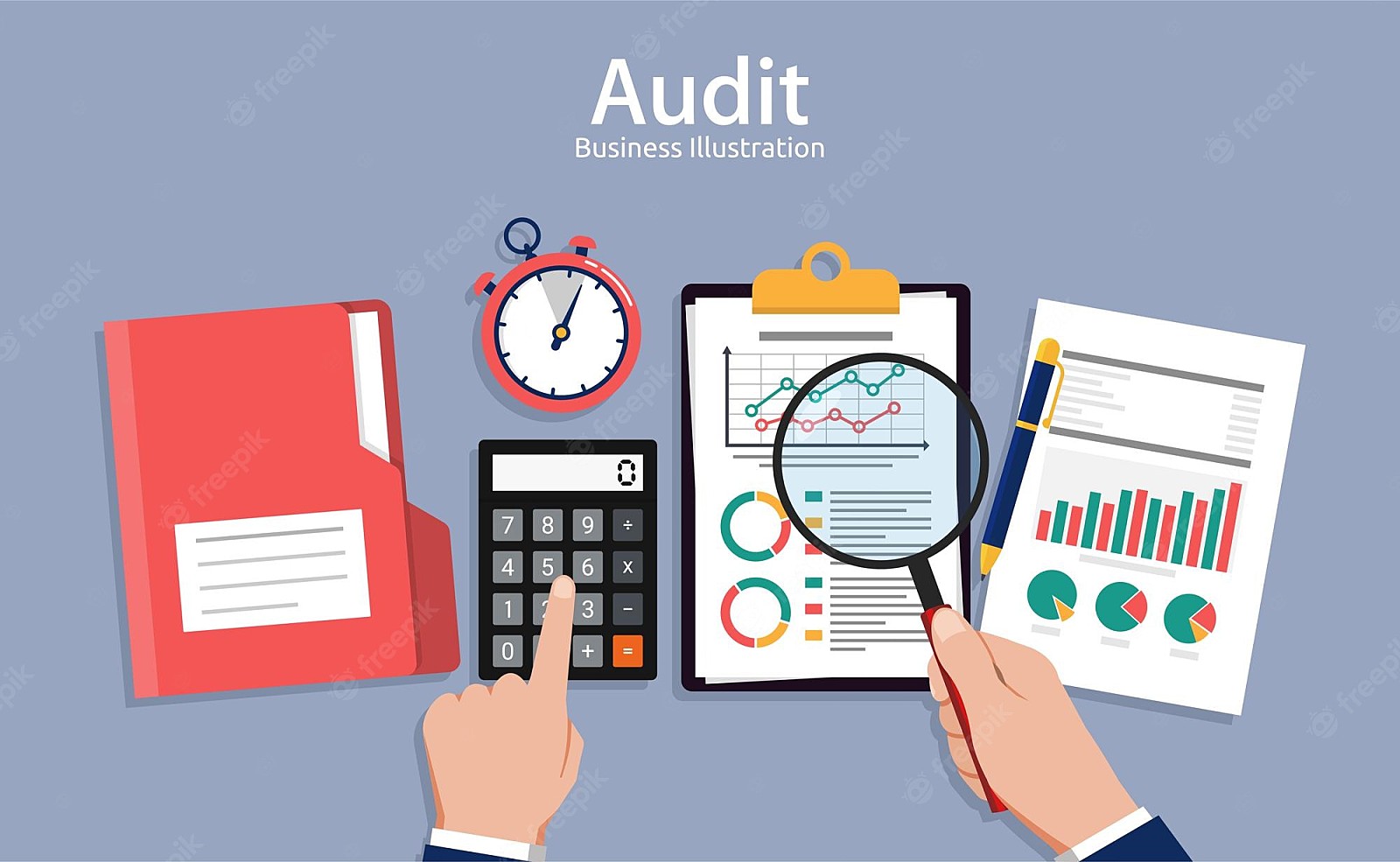 |
| ▲ Audit requires punctuality, accuracy, and transparency. (Photo from LDB Group) |
The DKH interviewed Dankookians from the Dept. of Dance to gain insight into the situation. One source claimed that the audit process was unable to be carried out because the current position of Student Council President is vacant. Additionally, they criticized the Dance Department’s student council as weak, since the student body’s main focus is on performance productions due to the nature of the department. There was also a clear lack of understanding about student fees throughout the interviews. Students knew little about how the fees were used – mainly for snacks at events hosted during exam season or recitals – even when the audit was done properly. One student said they found out about the delayed audit process through a post on the university community app ‘Everytime.’ However, all those interviewed agreed with the need for the Dept. of Dance EMC to release a statement and reveal their accounting ledger along with the current remaining balance.
We looked at the case of refusal to submit accounting audit data from an expert’s point of view to find out exactly where the problem lies. The DKH interviewed an accounting professor at DKU and learned that the purpose of an audit is to ensure that the financial statements of a for-profit organization are prepared correctly, without violating accounting standards, in a generally prescribed manner, by using an objective expert who remains independent and possesses expert knowledge. The organizations subject to such audits have different procedures and penalties for violations depending on the type of the organization.
In this case, the student council is a part of school institutions, a non-profit organization, not a corporation that pursues profit. The two types of organizations have different audit procedures. Non-profit organizations are not subject to coercive measures even if they violate the terms of submitting audit data. The matter is left to their own ethics and dealt with according to the conscience of the organization. Based on this, although the Dept. of Dance EMC, a non-profit group, continuously refuses to submit audit data, it is impossible to punish them in the same manner as companies.
The refusal to submit the necessary accounting documents can seem to be a criminal act, but its non-profit status leaves the student body with no grounds to apply any legal action. In this case, it seems important to recognize the significance of one's responsibilities and reflect on one’s mistakes. The DKH hopes that from the next semester, which will soon start anew, something like this will never happen again.
이진희, 김혜선, 전준형 dankookherald@gmail.com

 Expansion of Seasonal Working Visas for Parents of Foreign Students
Expansion of Seasonal Working Visas for Parents of Foreign Students

